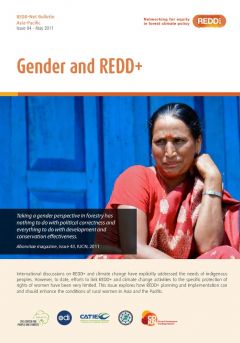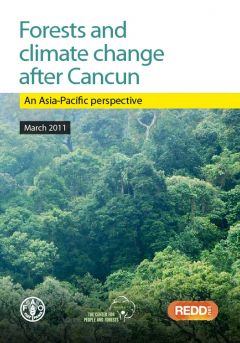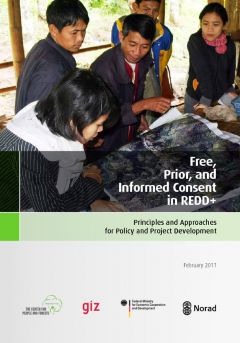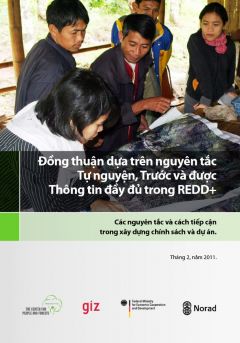REDD-Net Asia-Pacific Bulletin #4: Gender and REDD+
International discussions on REDD+ and climate change have explicitly addressed the needs of indigenous peoples. However, to date, efforts to link REDD+ and climate change activities to the specific protection of rights of women have been very limited. This brief explores how REDD+ planning and implementation can and should enhance the conditions of rural women in Asia and the Pacific.








